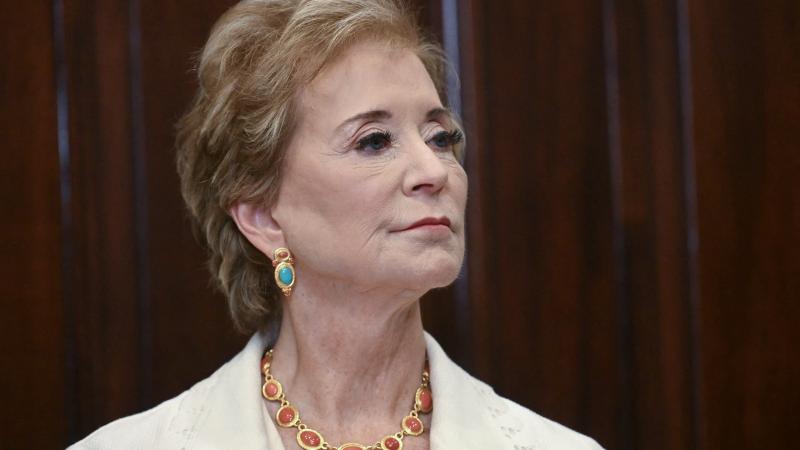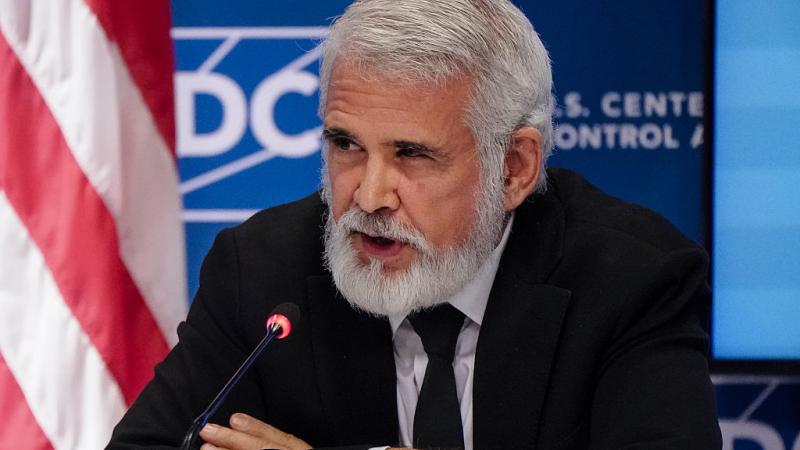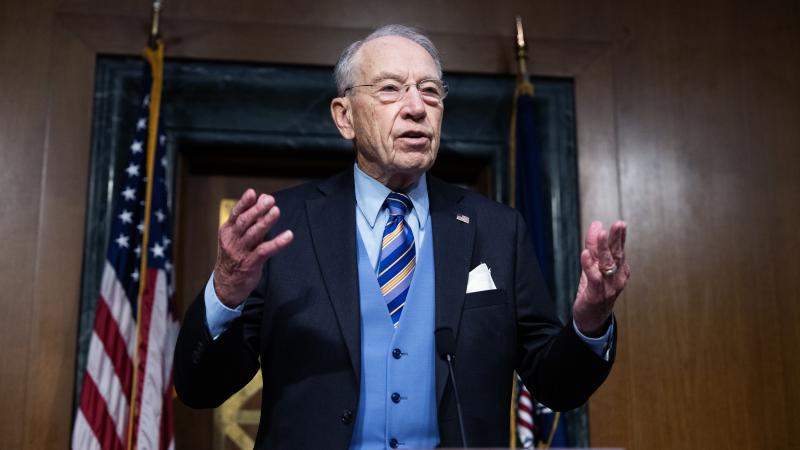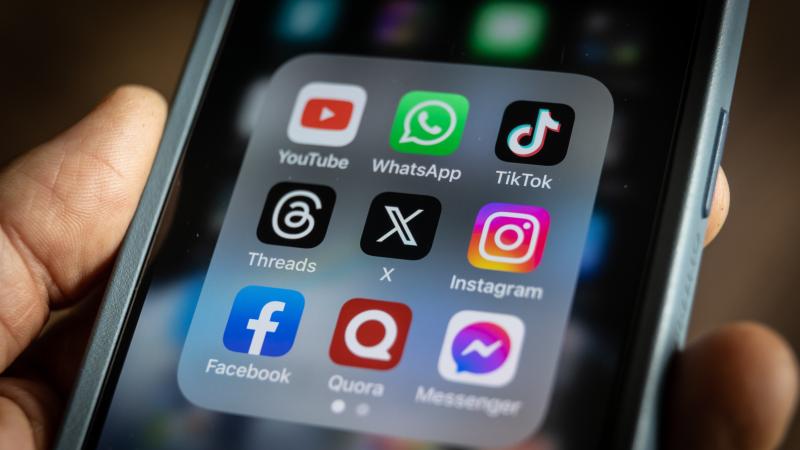Records show DEI standards used to pressure law schools to adopt racist practices: report
FOIA requests show top public universities were dinged by American Bar Association accreditor for not engaging in unlawful discrimination, conservative watchdog says, calling for legislation. ABA monopoly at risk.
Already under scrutiny from the Trump administration and Republican-led states for its law school accreditation standards and political activism, and recently losing its role in vetting judicial nominees, the American Bar Association's monopoly on legal education looks even more tenuous after dozens of schools shared their "accreditation visit reports."
The Pacific Legal Foundation said it obtained the reports, spanning 2014 to 2023, under the Freedom of Information Act from 45 of the 50 "best public law schools" in U.S. News and World Report rankings.
They "demonstrate the prevalence of hiring and admissions preferences" on the basis of race and sex in violation of Title VI and Title IX of the Civil Rights Act.
"The ABA clearly uses its standards to pressure law schools to unconstitutionally or unlawfully adapt their policies and practices to achieve the ABA’s diversity goals," and President Trump's executive orders can't substitute for a long-term legislative fix, the PLF report states.
The conservative think tank provided a four-part legislative model for accreditation criteria that prohibits requirements and recommendations concerning "student body, faculty, or staff diversity on the basis of race, sex, or national origin," permits accredited entities to adopt lawful diversity policies and bars accreditor investigations on the basis of such diversity.
PLF answered a Just the News request to see the public records themselves but did not provide them by deadline. ABA, which often emphasizes its legally distinct from the ABA Council of the Section of Legal Education and Admissions to the Bar, did not respond.
System benefits students 'who have no interest in serving Texans'
Trump's early orders and Department of Education guidance prompted the ABA council to suspend Section 206 on diversity and inclusion in February – 20 months after the Supreme Court banned racial preferences in admissions, with a revised standard "anticipated" by August.
His April order on accreditation, which said the ABA's policies must be "permanently eradicated" to keep its monopoly and implied the American Medical Association's monopoly on medical accreditation was next, prompted scrambling outside those accreditors as well.
The WASC Senior College and University Commission, which primarily accredits in California and Hawaii and opted against removing diversity, equity and inclusion provisions in the weeks after Trump's election, "temporarily pause[d]" those provisions in May as a workgroup reviews them. The Higher Learning Commission dropped DEI provisions before the election.
Six state university systems in the South recently formed their own accreditor, the Commission for Public Higher Education, whose stated model is notably absent of any hint of DEI. It will focus on academic excellence, student outcomes, process efficiency, and the pursuit of quality assurance for public post-secondary education."
Though the Department of Education can "probably" stop accreditors from "forcing" institutions to unlawfully discriminate, the secretary is prohibited by law from adding criteria for accreditors or regulating their standards, making legislation necessary, PLF's report said.
Not waiting for Congress, high courts in two Republican bastions are considering whether to keep requiring bar exam takers to graduate from ABA-accredited law schools.
The Florida Supreme Court cited "reasonable questions" about the ABA council's racial and ethnic diversity accreditation standards and its "active political engagement," as well as how ABA's monopoly affects "costs and innovation in legal education," in creating a workgroup with a Sept. 30 deadline to make recommendations about the continued monopoly.
Weeks later, the Texas Supreme Court asked for public comment, due July 1, on whether it should "reduce or end" its outsourcing to the ABA council and possible alternatives.
Eight Texas law deans jointly responded that ending the monopoly will hurt law school graduates' job prospects out of state, Texas law school employment rates and national reputations. National law school groups also objected, ABA Journal reported.
University of South Texas law professor Josh Blackman, who helped organize a symposium on the Texas question last month, told the high court in a "minority report" that deans' interests "are not always consonant with the public interest." They want to keep benefiting students "who have no interest in serving Texans" after they graduate from in-state law schools, he said.
Too few minority faculty frequently cited
PLF said the reports it obtained show 20 law schools received failing grades on diversity, equity and inclusion from the ABA council, with the other 25 receiving reports "acknowledging or praising" their compliance, the report said. They vary between checkbox compliance and "qualitative evaluations."
Common failures included too few minority and women faculty and "LGBTQ+ support groups," too little student diversity, not enacting diversity plans, mistreatment of minority faculty, attrition of minority students and "limited DEI curriculum integration," PLF said.
Common praise included "strong commitment to hiring diverse faculty," diversity-focused scholarships and fellowships, minority student pipeline programs, "active" DEI committees and task forces, diversity recruitment strategies, "inclusive classroom initiatives," DEI leadership positions and "faculty diversity training."
The finding with the most qualitative evaluations was too few minority faculty at 15 accreditation visit reports, followed by diverse faculty commitment, active DEI committees and too little student diversity. The least common was paucity of LGBTQ groups.
Standard 206, which is currently suspended, does not even recognize state bans on race preferences "as justification for avoiding compliance," using the term "purports" to suggest state laws like California's are invalid, the report says.
"Accreditation teams also have used Standard 205" on law school nondiscrimination policies to find discrimination "if a favored group is underrepresented among a law school’s faculty, applicant pool, or student body," as did a team reviewing George Mason University's Antonin Scalia Law School in 2022, the report says.
The accreditation visit reports show "how the ABA, as the sole federally recognized accreditor of JD programs, has abused its monopoly power as a quasi-governmental regulator," PLF concludes. "Dozens of law schools have been praised or blamed, have faced adverse action from the ABA, or have even been required to use race and sex preferences."
The Facts Inside Our Reporter's Notebook
Videos
Links
- Republican-led states
- law school accreditation standards and political activism
- losing its role in vetting judicial nominees
- Pacific Legal Foundation said it obtained
- PLF report
- suspend Section 206 on diversity and inclusion
- April order on accreditation
- opted against removing diversity, equity and inclusion provisions
- "temporarily pause[d]" those provisions
- Higher Learning Commission dropped DEI
- Commission for Public Higher Education
- stated model
- Florida Supreme Court cited
- Texas Supreme Court asked for public comment
- Eight Texas law deans jointly responded
- ABA Journal
- symposium on the Texas question
- "minority report"













